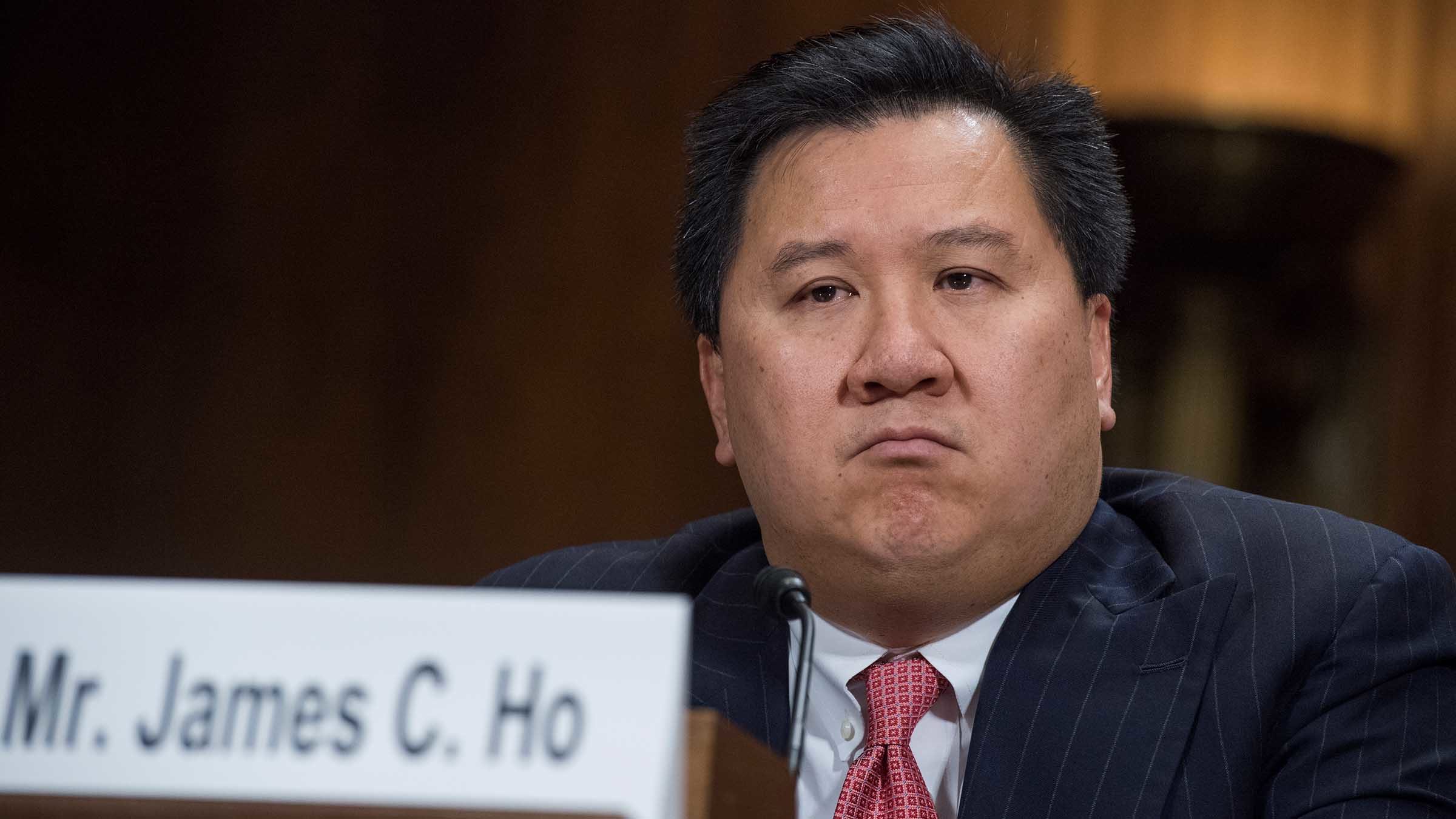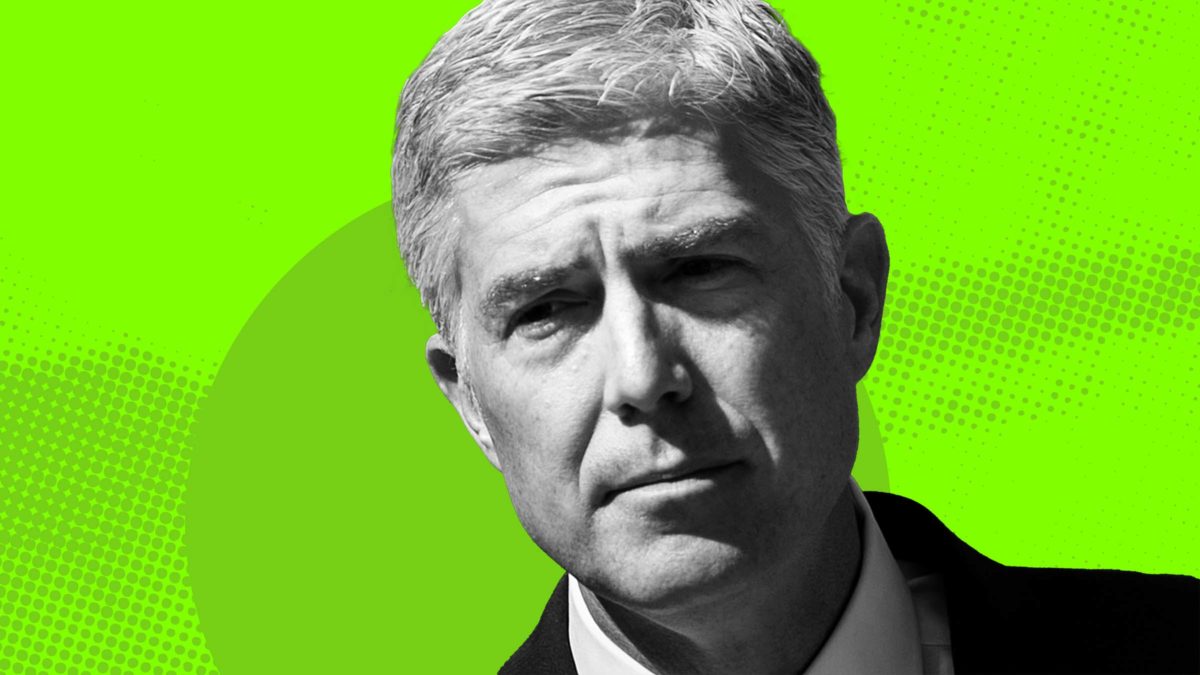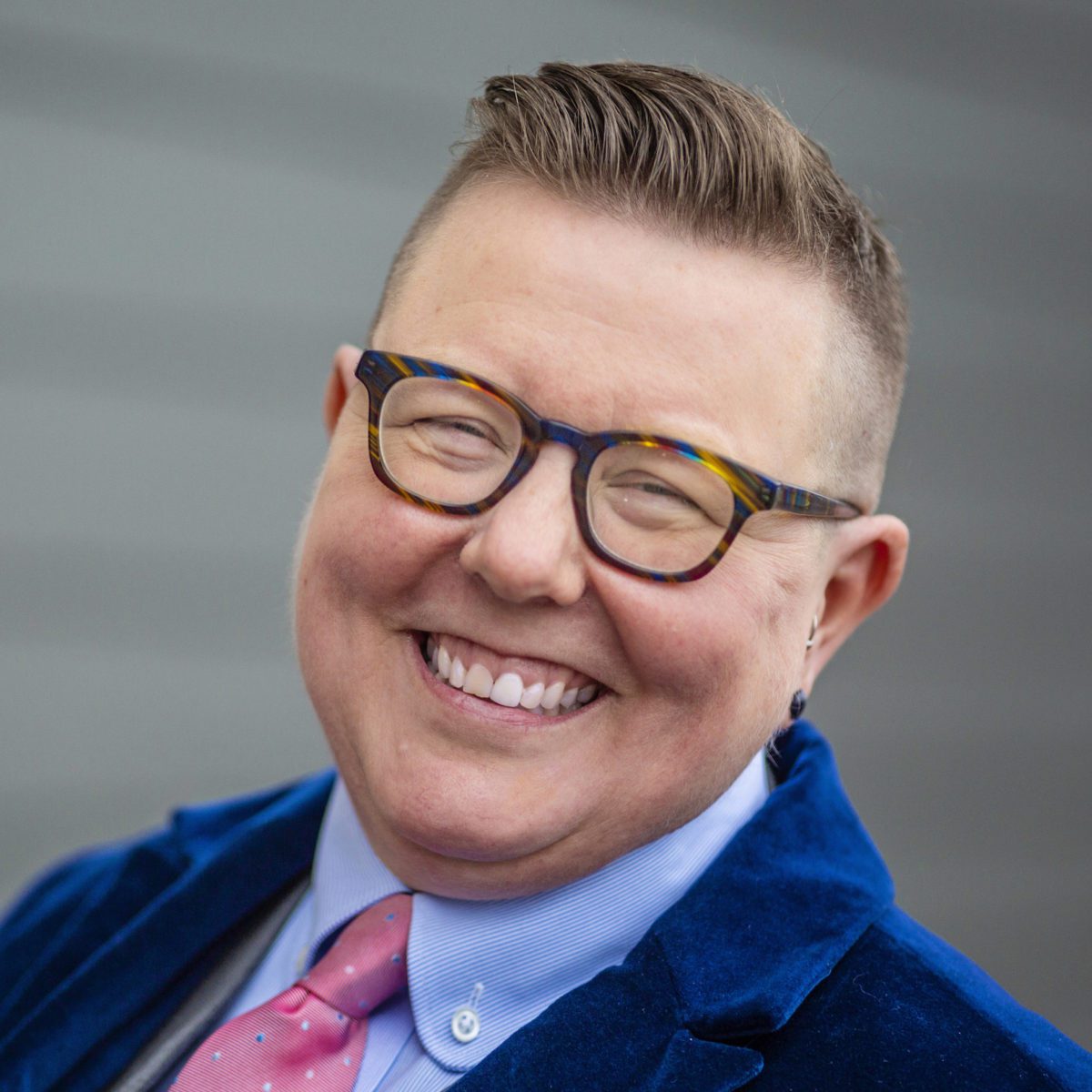As the COVID-19 pandemic enters its third year, many public health officials and private businesses desperate to return to some semblance of normal want to require employees to receive one of several safe, effective COVID-19 vaccines in order to return to work. At United Airlines, for example, employees who fail to get vaccinated face unpaid leave until they do so. A new Occupational Safety and Health Administration requirement mandates vaccination or regular testing for employees of all companies with 100 employees or more—a rule that covers roughly 84 million workers. A separate mandate issued by the federal agency that administers Medicaid and Medicare requires vaccination for workers in most hospitals and other health care facilities.
Because this is America, efforts like these have been met by a flood of litigation from people who view their right to facilitate the community spread of a deadly disease as too sacred for anyone to infringe upon. Currently, the healthcare mandate is on ice in about half of states thanks to an array of dueling lower court orders that block its implementation. On January 7, the Supreme Court will hear challenges to both the OSHA and the healthcare workers mandate in an effort to stop the madness.
But from the lower-court opinions issued in some of the vaccine mandate cases thus far, one thing is clear: right-wing judges are leading the fight against common-sense public safety measures by deploying a twisted, comically expansive view of “religious freedom.” In the conservative mindset, religion is above everything, the sincerity of religious beliefs may never be questioned, and everything else, from public health to civil rights, must always take a back seat.
In December, a three-judge panel from the ultraconservative Fifth Circuit Court of Appeals left the United Airlines rule in place, denying the challengers’ request for an injunction while litigation continues. But for Judge James Ho, who dissented from the Fifth Circuit’s opinion, allowing employers to make decisions that protect workers from a deadly pandemic is simply a bridge too far. His opinion begins by correctly explaining that federal law prohibits discrimination on the basis of religion, and requires employers to accommodate employees’ religious beliefs unless doing so would cause the business “undue hardship.” In a non-James Ho world, the legal inquiry would likely end there, as “deadly disease that could kill employees and customers if left unchecked” would typically count as “undue hardship.”

Fifth Circuit Judge and noted brain genius James Ho, seen here reacting to news of another vaccine mandate (Getty Images)
For Ho, however, none of this is nearly as important as the feelings that might be hurt in the process. “The person who acquiesces to United’s mandate despite his faith doesn’t lose any pay,” Ho acknowledges. “But he will have to wrestle with self-doubt—questioning whether he has lived up to the calling of his faith.” Ho also bemoans the plight of the conscientious objector who resigns, and is thus left to “wrestle with self-doubt” and question “whether his faith has hurt his family, and whether living up to his commitments was worth sacrificing the interests of his loved ones.”
Ho is asking courts to invent yet another religious carve-out, and to say that religious people suffer a very special type of harm when asked to adhere to rules they don’t like. And for him, the usual awards for those who win employment discrimination lawsuits—money, reinstatement, or both—are not enough in this context: The “earthy reward of monetary damages,” Ho says, cannot compensate for exacerbating “these profound challenges” of faith. (Ho even demands we be extra-angry at United for “forcing this crisis of conscience on the eve of Christmas—one of the holiest times of the year, the season when Christians cherish devoting their hearts and souls to both faith and family alike.” It is not clear what Ho would have done if United tried this in, say, late May. Grumble about the sacredness of Ascension Day?)
The things Ho alleges will happen to the hypothetical religious objector at United are not legal harms. “Wrestling with self-doubt” is not something courts are supposed to alleviate, nor is wondering whether one “has lived up to the calling of one’s faith.” Indeed, this sounds a lot like the sort of mushy snowflake “wokeness” that Ho so gleefully derides. It’s hard not to imagine that if Ho had his way, any allegation of conservative Christian sadness would trigger a new type of judicial scrutiny whereby all manner of religious angst must be soothed for the sake of national spiritual health.
For conservatives, being sad that people might think you are a bigot is a grievous wound that the full force of the law is required to redress.
Ho is far from alone here, though; earlier this month, when the Supreme Court refused to block New York’s state-level vaccine mandate for health care workers, Justice Neil Gorsuch hit many of the same notes. His dissent, which Justice Samuel Alito joined, begins by praising two Catholic physicians who don’t want the vaccine—not because they are anti-vaccine, explains Gorsuch, but because of their abortion-related religious objections: “Each of the currently available vaccines has depended upon abortion-derived fetal cell lines in its production or testing,” he says.
This is, at best, a debatable proposition. Although some fetal cell cultures were used to test the Pfizer and Moderna vaccines, no cultures are involved in their manufacture. Prominent religious and/or anti-abortion groups have gone so far as to publicly opine that the link between abortion and vaccine development is far too attenuated to justify refusal. Yet for Gorsuch, this is irrelevant: “The applicants acknowledge that many other religious believers feel differently about these matters,” he writes. “But no one questions the sincerity of their religious beliefs.” In other words, according to Gorsuch, as long as one’s religious objections are presented as “sincere,” the analysis ends there, consequences be damned.
The federal judiciary has been trotting down this path for years now, as the Supreme Court yields to the pleas of craft owners-turned-antiquities smugglers who don’t like birth control and cake-bakers who don’t like gay couples. Justices Samuel Alito and Clarence Thomas have opined that the mere existence of same-sex marriage is a threat to religious liberty, since the Supreme Court’s 2015 decision in Obergefell v. Hodges “branded religious adherents who believe that marriage is between one man and one woman as bigots.” For conservatives, being sad that people might think you are a bigot is a grievous wound that the full force of the law is required to redress.
What conservatives like Ho, Gorsuch, Alito, and Thomas are arguing for, at root, is a dismantling of the modern system of antidiscrimation laws in the name of religious freedom. In place of those laws, they propose literally nothing other than bulletproof protections for the feelings of conservative Christians. For them, if fighting this culture war means thwarting modest efforts to address a deadly public health crisis, so be it.

